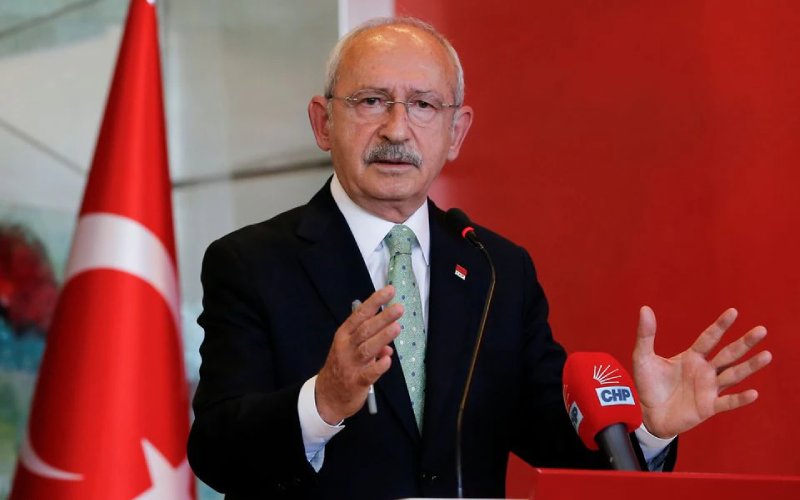×
The Standard e-Paper
Join Thousands Daily

Kemal Kilicdaroglu, the leader of the main opposition Republican People's Party (CHP), speaks during a news conference in Ankara, Turkey. [Reuters]
Turkey's main opposition party leader said late on Wednesday he will not pay his electricity bills until President Tayyip Erdogan withdraws recent price increases, as signs of discontent over surging inflation emerged across the country.